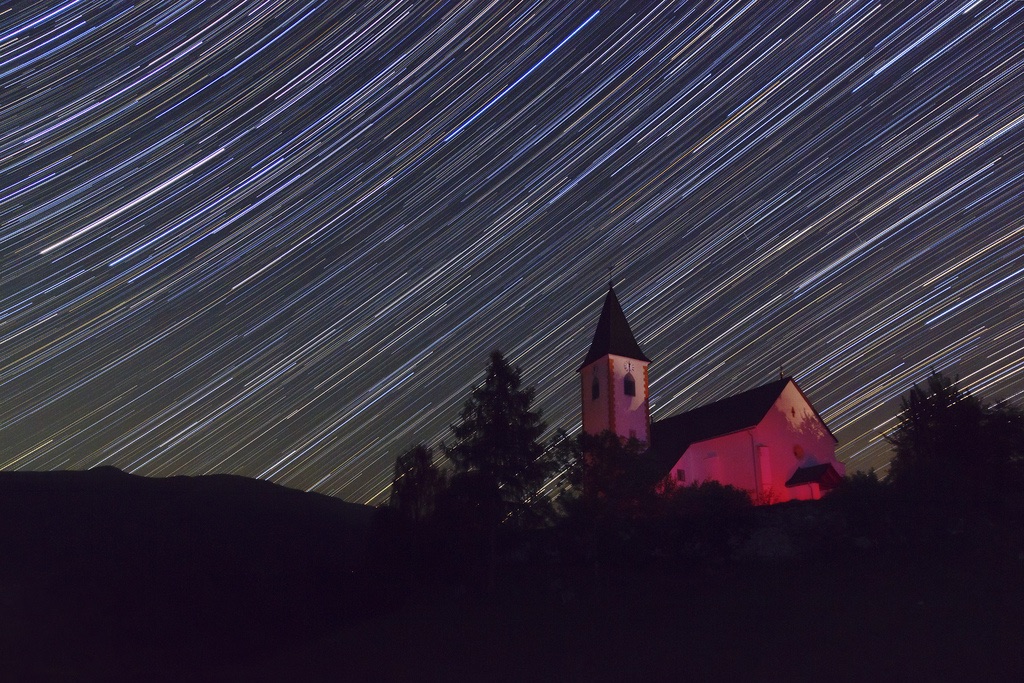UPDATE: See the Elephant metaphysical literary magazine available!
Metaphysical Circus Press would love for you to check out the first edition of their literary magazine, and we would love for you to reread this piece about them, because they are neat.

Update #1 — July 24, 2015; 12:30 PM
Download the very first See the Elephant literary magazine! It’s $2.99, and includes eight authors, ranging from “literary to soft science fiction to satire to folklore to visionary to magical realist to siipstream.” The theme of this issue is “Transformation,” and we are thrilled and proud for what we believe is a really cool Richmond publisher.
Local art, y’all!
— ∮∮∮ —
Original — May 21, 2015
Sometimes Richmond’s literary scene is hard to hear over the clamor of the other arts. Bands, sculptors, muralists, theater, film festivals, improv, the culinary arts, the art of the cocktail, the newest VMFA exhibits–we’re an art-friendly town, for sure.
But no one’s throwing a bookwalk every month down Broad Street, know what I’m saying?
Books and writing have their champions in town, for sure. Valley Haggard, Bird Cox, and their Richmond Young Writers have done a world of good for kids who’ve got the literary bug; bookstores like Chop Suey and Fountain bring a steady stream of local writers in to promote and celebrate their success. And Podium Four’s annual journal is a joy (and lots of other emotions) to read.
Apart from those valiant individuals and organizations, we don’t hear a whole lot about local authors, and we certainly aren’t anywhere near hub-status for literature.
Metaphysical Circus Press helps to bolster the cause in two different ways. Founded by Melanie Lamaga, an author and entrepreneur, and M.C. Boyes, a VCU professor and author, MCP publishes book-length fiction and a literary magazine called See the Elephant. Through their efforts, we may just get on the map.
No stranger to the glacial and often discouraging process of trying to get your stuff published, Lamaga and Boyes wanted to create something a little more nimble for authors. Says Boyes, “The publishing world is very slow. And it’s very iffy. Unless you’re selling hundreds of thousands of books, your manuscript will live in someone’s bottom drawer, so we thought we would make a place where there was no bottom drawer.”
Their plan was to focus on e-books, and use an economy of scale, applying for multiple copyrights at once. It’s faster and cheaper than traditional publishing, and it brings much better success odds than self-publishing (you’ll be edited, marketed, and otherwise promoted by pros).
Lamaga herself was the guinea pig, with her collection of short stories, The Evolution of Reptilian Handbags (read some samples online).
From the book’s description:
An unhappy housewife flees with her lover as civilization collapses in a tsunami of trash. A bank teller aids invisible thieves. A welder learns she has the power to kill with a kiss. A hive of women transform tourists with arcane sexual rites. A Korean War sniper stalks his doppelganger: a children’s television host. Amnesiac goddesses-turned-farmers struggle for survival in war-torn, post-apocalyptic Iowa.
Oh, right. A word about the press’s genre. Well, if you can really call it a genre–“metaphysical” could also be termed “fantasy,” “slipstream,” “magical realism,” “urban fantasy”…but none of those are exactly right. Or, rather, they’re subgenres. To put it more basically, it’s “literature where anything can happen,” says Vanessa Del Fabbro, one of the press’s Associate Editors. “You could have a piece that’s perfectly realistic and then something unrealistic happens.”
Boyes adds, “You could have a completely made-up world. Or you could have just one element of the supernatural. It could even be horror.”
But not just horror for horror’s sake. There’s more to metaphysical than just pure imagination–or, one could say, there’s more to literature than just plot. “It has to have a point,” continues Boyes. “It can’t be scary to be scary. It’s not True Blood, it has to be literary. It has to have heart.”
For instance, the forthcoming novel Bad Angels by Dennis Danvers, another VCU professor, explores the ideas of the divine and the idea of love, and how it all connects.
With See the Elephant, MCP hopes to (and is so far succeeding in) attract a more diverse population of contributors. The publishing world, says Boyes, tends to suffer from cronyism and the unfortunate reality that–in order to take the time to write–published authors often come from affluence. MCP posts requests for submissions in national and international lists and reviews each one without looking at resumes, awards, or other personal information.
And because everyone involved has been in the writing trenches, it’s important to MCP that they keep their business operations focused on authors. They offer competitive compensation and split net profits for the e-Book sales, retaining only enough of the profit to finance the operation. “We all have day jobs,” Del Fabbro reminds me. She’s originally from South Africa and made her way to Richmond via Texas. Guess what, she loves it here. As does Boyes, and though Lamaga lives in Mexico, they consider Metaphysical Circus Press to be a very RVA endeavor.
The first issue of See the Elephant will hit the website this summer. No matter how author-focused their operations are, the end result is for the rest of us, not just for the brainy literary types they run with. As Boyes says, “Writing is for readers, not for editors or other writers.”
Photo by: herbraab
-
Recommend this
on Facebook -

Report an error
-

Subscribe to our
Weekly Digest





There are no reader comments. Add yours.